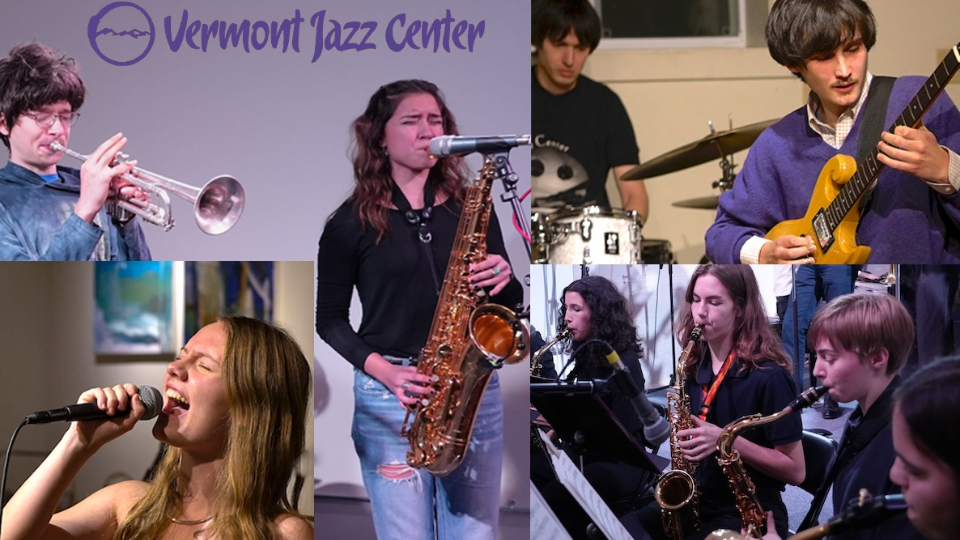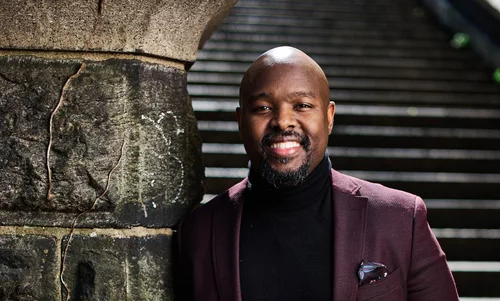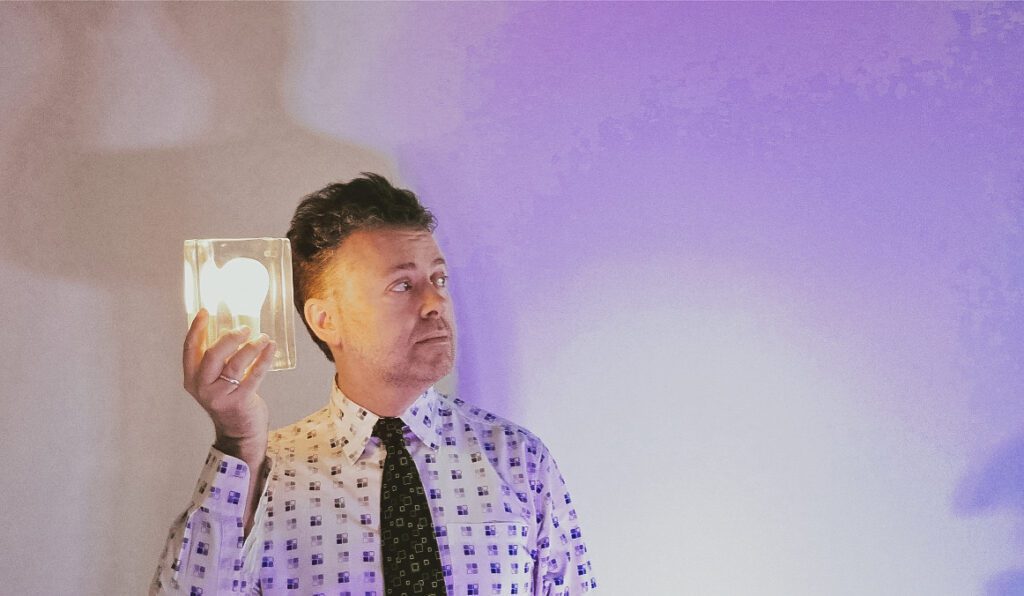
- This event has passed.
Joel Ross “Good Vibes”
February 19, 2022 @ 8:00 pm
Winner of The Downbeat Rising Star Award, Joel Ross has been taking the jazz world by storm. As Downbeat magazine says, his “playing erupts through the layers of lush arrangements like consistent currents of electricity, high-powered and full of luminous energy.” At 26 years old, he is a virtuosic leader, recording his own projects and yet he still finds the time and the focus to learn the complicated arrangements of many of the top groups in New York and Los Angeles including Makaya McCraven (Universal Beings, 2018), Maria Grand, Kassa Overall, Nicole Mitchell, Gerald Clayton, Melissa Aldana, Walter Smith III, Georgia Anne Muldrow, Jure Pukl, Rajna Swaminathan, Wynton Marsalis & the Jazz at Lincoln Center Orchestra and Marquis Hill, who penned liner notes for his latest Blue Note Release, Who Are You? Due to the pandemic, Ross has twice had to cancel appearances at the Vermont Jazz Center. Hopefully the third time will be the charm.
Ross is making the vibraphone a more familiar and accessible sound to audience members of his generation. His music is intelligent, beautiful, and rhythmically charged. He attributes his meticulous attention to tone-quality to the influence of his teacher, Stefon Harris. Depending on the context, his notes are either bell-like and sustained, or short and rhythmically driving. Ross applies this attention to detail in the arrangements for his band as well, exploring the timbral colors of each instrument to great effect. His compositions are rich with contrasts of sounds and textures, and are enhanced through masterful use of dynamics and unexpected parings of instruments.
The sound of Good Vibes is unmistakably modern; it is a “new thing” produced by young, virtuoso performers who are currently at the epicenter of New York’s diverse scene, actively creating the music that defines “cutting edge,” irrespective of labels. Will Layman, of PopMatters, captures Ross’ relationship to the sounds of the current generation: “This band is sneaky. They play funk, but it never feels like jazz-hip-hop fusion; they play rock but are never obviously sounding like, say, Radiohead. They have floating pop/gospel elements, but only a few, and for all the tricky playing with time, there is nothing off-putting or new-music-y or studied about the feel. It is also sneaking in the way the superb group interplay makes you realize that you haven’t heard, perhaps, quite enough of the leader.”
This year each concert will have both a limited in-person audience as well as a livestream component. You may purchase in-person tickets above and/or donate to the livestream below. Please give generously and support live music.
Donate to Livestream Covid Protocol
—NPR





